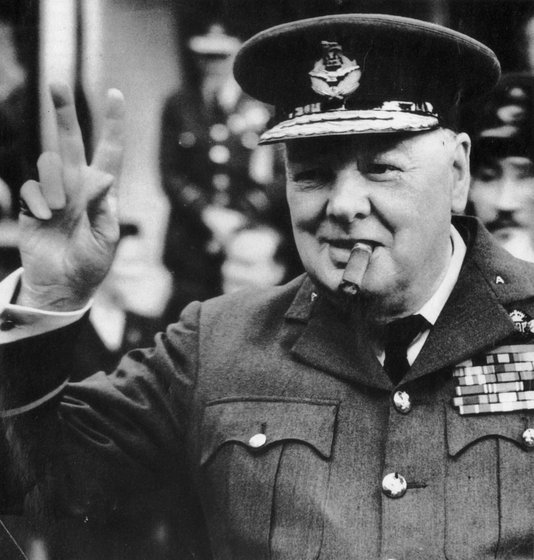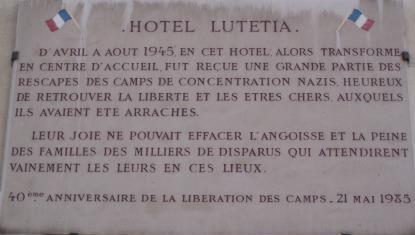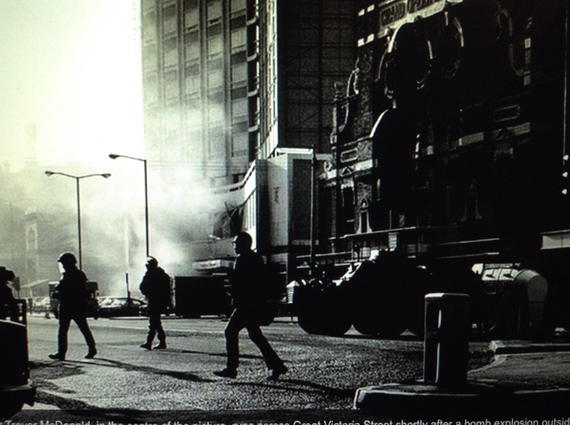Behind the beautiful brochures and websites that describe the amenities of glamorous hotels, there are often stories that involve scandals, death, illicit love, foreign intrigue and espionage. Wars and political strife escalate the range of possibilities.
During the "troubles" in the summer of 1974, a bomb exploded in downtown Belfast. Shattered glass from the windows of the Europa Hotel fell to the streets and parking lot below.
The Provisional Irish Republican Army had struck its favorite target again. Between 1968 through the early 1990's, the Europa was bombed more than thirty-one times and became known as "Hotel Erupta" or the "Most Bombed Hotel in Europe." Only the Holiday Inn in Sarajevo could compete for this infamous title.
Why the Europa? The original owners, who opened the hotel in1971, were a prominent British family, who in the eyes of the IRA, were a symbol of British oppression. This, in spite of the fact, that the hotel hired Catholics as well as Protestants. Bombing the Europa was IRA's way of gaining headlines as well as embarrassing the British Army and the police, who seemed powerless to stop them.
Miraculously, no one was seriously hurt during these numerous explosions. Or was it a miracle? Problems with false bomb warnings forced the IRA, the army and the police to establish a liaison between them. The Samaritans, a community hotline, became the trusted go-between.
The IRA called their office from a public phone and announced, "The Eagle has landed." The phrase which was adopted from the Apollo II moon landing in 1969 meant, "You have thirty minutes to evacuate the Europa." The Samaritans immediately notified the police. Alarms sounded as everyone moved through the exits. Savvy people and journalists grabbed their glasses and bottles and headed for Great Victoria Street. Drinks were on the house.
During World War I, The Goring Hotel, which opened in 1910 and is near Buckingham Palace, survived intact. The American Army and General Pershing used it as their headquarters and Pershing often called President Woodrow Wilson with his progress reports.
Visiting royalty also stayed at the Goring. Why? The Goring had modern bathrooms. At Buckingham Palace, even royal guests had to share.
After the Goring survived WWI. Lady Randolph Churchill, Winston's American mother, moved into the hotel and was often visited by her son.  Photo Courtesy Goring Hotel
Photo Courtesy Goring Hotel
When WWII started, the Goring now an experienced veteran, evacuated the fifth floor, moved the furniture to the basement and created a bomb shelter. And not a moment too soon.
During the Blitz, a bomb exploded on the roof causing a fire. Fortunately, the Goring was not bombed again.
Winston Churchill, government officials and ranking members of the allied forces met in the hotel rooms and bar. Rationing forced the Goring to use its beautiful gardens for raising vegetables and unwary nibbling rabbits became part of the menu.
Hotels in Paris suffered an indignity that the Europa and Goring avoided. Several, like the Ritz and the Lutetia were occupied by the Germans. In a recent book, The Hotel on the Place Vendôme: Life, Death and Betrayal at the Hotel Ritz in Paris, Tilar Mazzeo chronicled the wealth and deadly intrigue that defined the Ritz during World War II.
No book has yet been written about the Lutetia Hotel which was built by the owners of the Bon Marche Department Store in 1910. Frequented by Josephine Baker, Picasso, James Joyce, Simone de Beauvoir and many famous personalities, the lounge was the scene for French intellectuals and entertainers. Charles De Gaulle spent his honeymoon there. But all of that abruptly changed.
Requisitioned by the Germans in 1940, the Lutetia became the headquarters of the feared Abwher, the counter-intelligence agency which worked with the Gestapo. Surrounded by French elegance, the Germans maintained tight control over the terrified population.
Meanwhile, in the dreaded Prison du Cherche-Midi, which was conveniently nearby, members of the French Resistance were interrogated and sent to death camps where they were usually executed. The prison, which is where Captain Dreyfus was also imprisoned in 1894, was demolished after the war.
Following the liberation of Paris in August 1944, French and American forces moved into the Lutetia. A reunification and medical center was established for Jewish families and others who had been in prisons or concentration camps. A plaque on the exterior of the hotel commemorates this event.
All of the hotels survived the conflicts. The Belfast Europa is now a safe, prestigious four-star hotel that overlooks the Falls Road, where many of the bombs originated. A painting of President Clinton hangs in the lobby, which is in honor of his and Mrs. Clinton's three day visit in November 1995.
Five-stars adorn the front of the Goring Hotel, where Catherine Middleton stayed with her family prior to her marriage to Prince William.
In a twist of fate, the Lutetia is now owned by an Israeli corporation. For the next three years, it is closed for a major renovation. The plaque will remain.
The next time you stay in a hotel, look beyond the furnishings and ask the staff what secrets are buried in the archives. Unsolved mysteries, romantic liaisons, murder, lost treasures or even ghost stories may become a part of your holiday memories.
Mary Duncan interviewed a former member of the I.R.A. for information regarding the Samaritans.
For more detailed information, see her book, Henry Miller is Under My Bed (2011).
